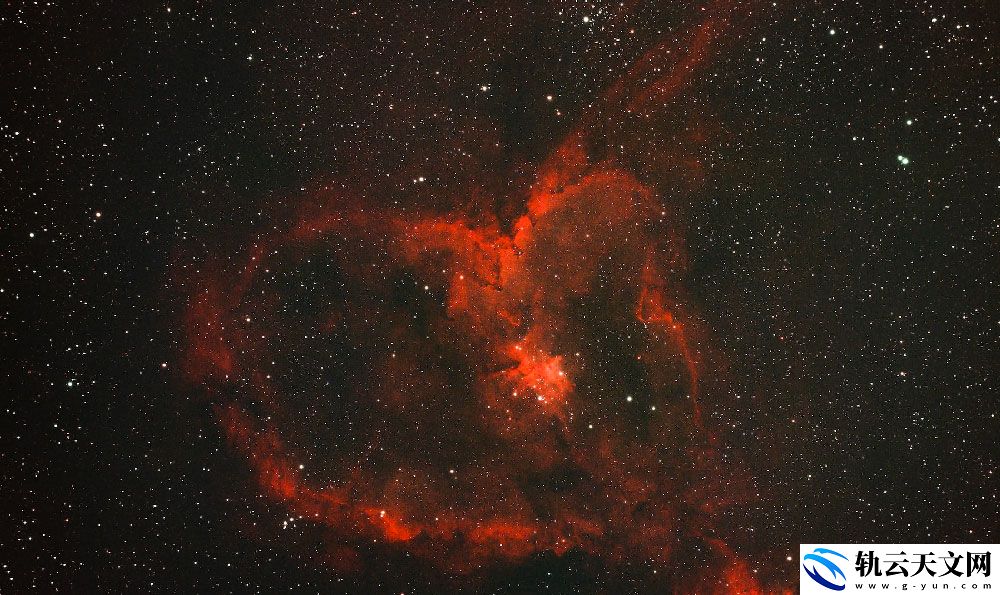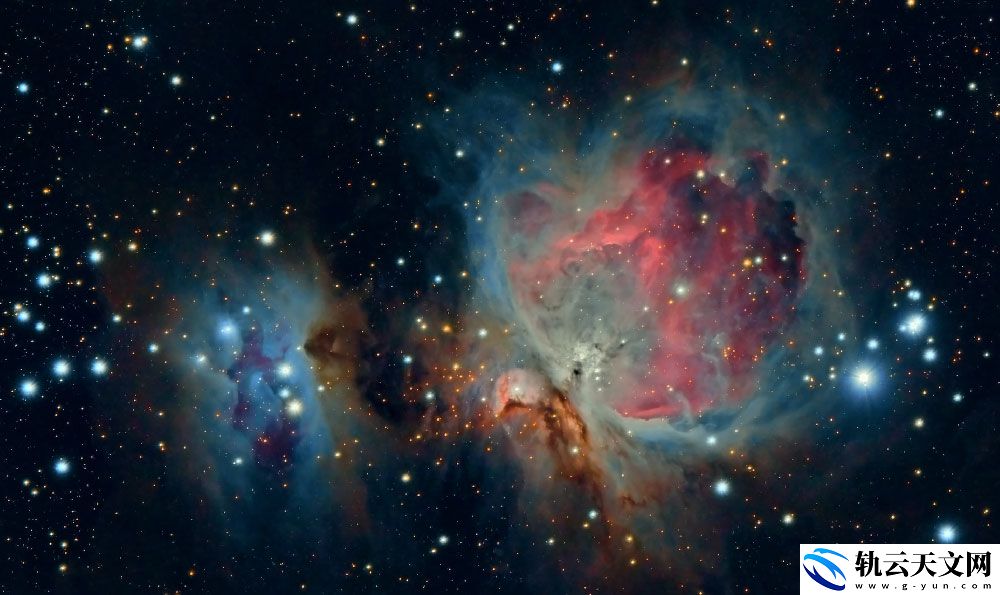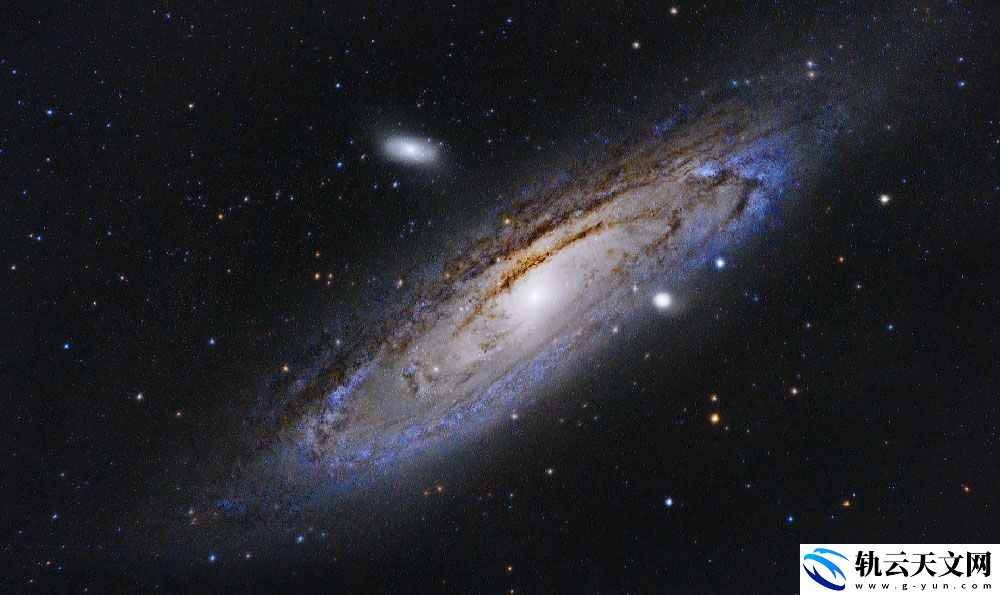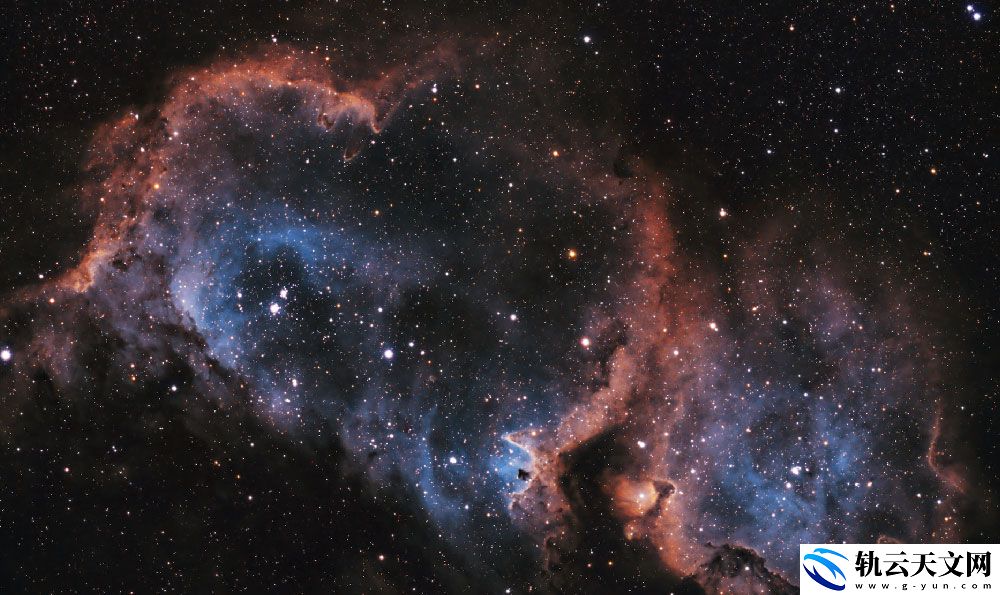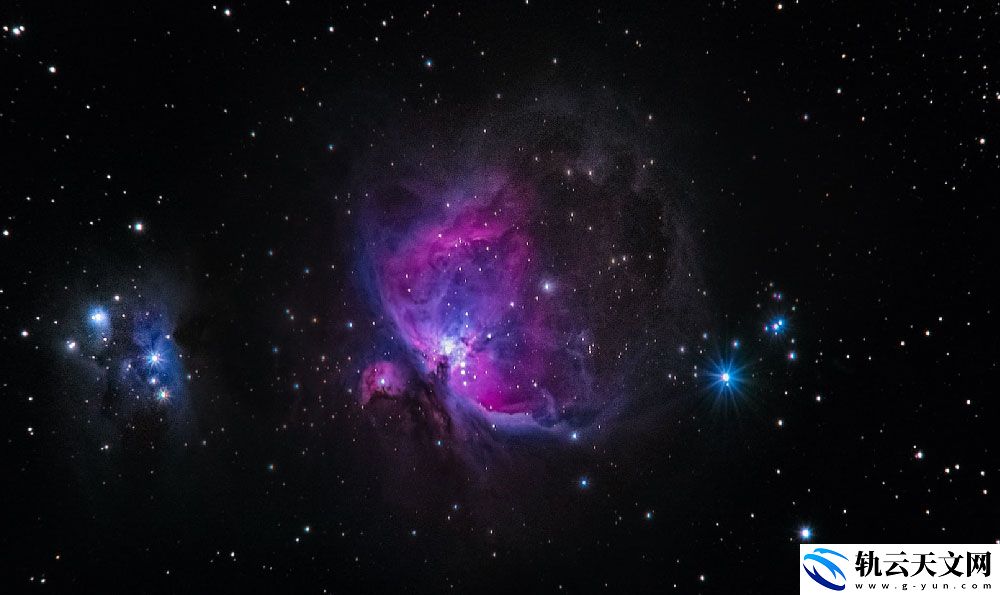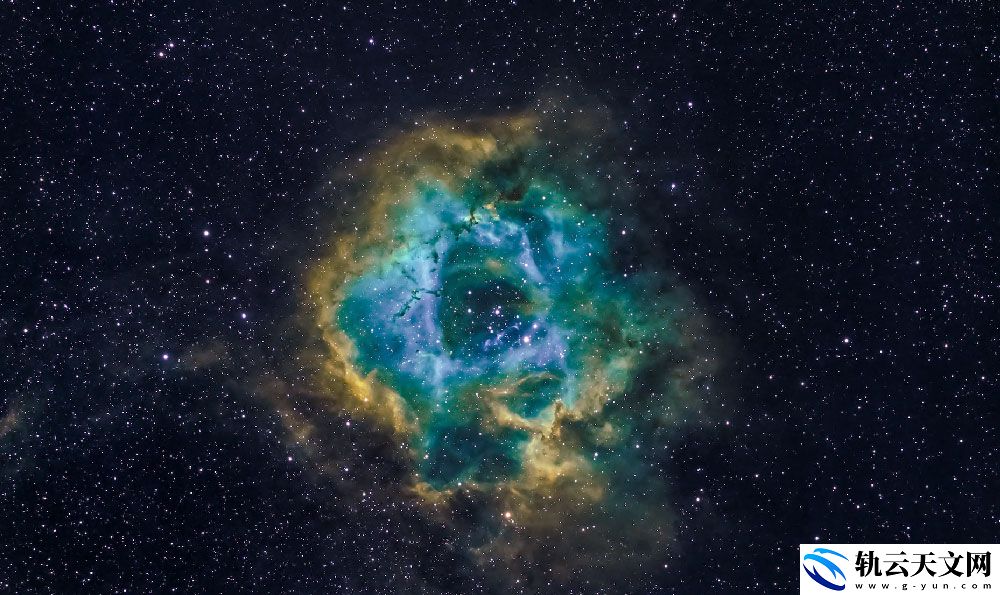太空探索与数学
太空探索一直以来都是人们关注的焦点,而数学在这个行业中扮演着重要的角色。本文将深入探讨太空探索与数学之间的关系,以及数学在此行业中的应用和意义。

在过去的几十年里,人类在太空探索方面取得了令人瞩目的进展。我们已经成功地将人送上月球,并向其他星球发送了探测器。这些壮举的背后有着什么样的数学支持呢?数学提供了解决航天工程中的许多复杂问题的工具和方法。它涉及到轨道计算、航天器导航、消除能源浪费、优化航行路径等多个方面。没有数学的支持,这些任务将无法完成。
本文将从以下几个方面来探讨太空探索与数学的关系:
1. 轨道计算和航天器导航:太空探索需要精确计算和控制航天器的轨道。数学提供了轨道计算和航天器导航的方法,使得我们能够精确控制航天器的位置和速度,以实现预定的任务目标。
2. 航天器能源优化:太空探索中的航天器能源是有限的资源,而任务目标通常是远距离的。数学可以帮助优化航天器的能源利用,减少能源消耗,延长航天器的工作寿命,并最大限度地实现任务目标。
3. 航行路径规划:太空探索中的航行路径规划是一个复杂的问题。数学提供了优化算法,帮助确定最佳航行路径,使得航天器能够尽快到达目的地,并克服各种不利因素。
4. 数据分析和模拟:在太空探索中,大量的数据需要进行分析和处理。数学提供了数据分析和模拟的方法,帮助我们从数据中发现规律,并预测未来的趋势。
5. 未来发展前景:太空探索领域的发展前景是令人兴奋的。数学作为太空探索中的一个重要工具,将继续发挥重要作用。随着人类对太空的探索不断深入,数学的应用范围也将不断拓展。
太空探索与数学密不可分。没有数学的支持和应用,太空探索将无法取得如此巨大的进展。数学为太空探索提供了解决复杂问题的方法和工具,使我们能够更好地了解宇宙,并推动人类的进步。随着技术的发展和人类对太空的兴趣不断增加,数学在太空探索中的作用将变得越来越重要。
太空探索与数学的关系深远而丰富。数学的应用使得我们能够更好地理解宇宙,探索未知的领域。我们有理由相信,太空探索将继续发展,而数学将继续发挥不可替代的作用。让我们期待着数学与太空探索之间的更多交融,为人类的探索梦想助力!
太空探索公司SPACEX的行业文章
在人类历史的长河中,探索太空一直是人们的梦想与向往。长期以来,太空探索一直被视为只有国家机构才能承担的任务,直到21世纪初,由埃隆·马斯克创立的太空探索公司SPACEX的出现,彻底改变了这一局面。

SPACEX是一个位于美国加利福尼亚州霍桑的私人航天公司,它致力于发展可重复使用的太空运输系统,为将人类送上火星的梦想不断蹿升。在过去的十几年里,SPACEX通过一系列的创新技术和勇敢的尝试,取得了许多令人瞩目的成就。
SPACEX成功研发出了独立设计和制造的猎鹰1号火箭。这款火箭以其低成本和高度可靠性而闻名,成为了太空探索行业的里程碑之一。猎鹰1号火箭采用了全碳纤维结构和液体氧燃料发动机,突破了传统火箭制造方式的局限,大大降低了成本。这一创新不仅使得太空探索更加经济可行,还为未来的深空探索奠定了基础。
SPACEX的重点发展项目是猎鹰9号火箭和龙飞船。猎鹰9号火箭是目前市场上唯一一种能够垂直降落并重复使用的火箭。通过将火箭的第一级降落并返回地面,SPACEX实现了大规模减少太空发射成本的目标。龙飞船作为载人和货物运输的太空舱,为国际空间站提供了可靠的物资补给,并为私人企业进入太空市场提供了新的机会。
SPACEX还在太阳能电力和星际探索领域展开了积极的探索。太阳能电力是未来太空探索的一个重要领域,因为它可以为宇航员提供持续的电力和能源供给。SPACEX不仅在猎鹰9号火箭上采用了太阳能电池板,还计划在火星上建造太阳能电站,为人类在火星上的生活提供电力保障。
SPACEX的长期目标是将人类送上火星。为了实现这一壮举,SPACEX正在积极推进星际飞船项目。星际飞船将成为人类登陆火星的载具,不仅具备高度可重复使用的特性,还能够在太阳系内进行长途飞行。虽然这个目标看似遥远,但SPACEX已经展现出了实现它的决心和能力。
太空探索公司SPACEX通过独特的创新和勇敢的尝试,彻底改变了太空行业的格局。它的成就不仅在技术上具有里程碑意义,更为人们提供了一种全新的太空探索的可能性。随着SPACEX继续前进,人类的太空梦想将越来越近。
反对太空探索的英语作文
Part 1: The Illusion of Progress

Space exploration has always been heralded as a great leap forward for humanity. However, upon closer examination, it becomes clear that the benefits of exploring space are mostly illusory. In reality, the resources spent on space exploration could be better used to address urgent problems on Earth.
First and foremost, the exorbitant costs of space exploration cannot be ignored. The money spent on sending astronauts to space and developing sophisticated space technologies could be allocated to more pressing issues, such as poverty alleviation, healthcare, and education. Think about the countless lives that could be improved if those resources were redirected to solving problems on our planet.
Furthermore, space exploration often serves as a distraction from the problems that we face on Earth. Instead of focusing on the pressing challenges of climate change or global poverty, we become engrossed in the romanticized idea of exploring distant planets. This diversion of attention prevents us from effectively addressing the crucial issues that affect the lives of billions.
Part 2: The Fragile Earth
Another reason to oppose space exploration is the fragile state of our own planet. Earth is facing numerous environmental challenges, including deforestation, pollution, and climate change. It is time for us to prioritize the preservation and restoration of our own home rather than venturing into the unknown.
For instance, the devastating effects of climate change demand immediate action. Rising sea levels, extreme weather events, and biodiversity loss threaten the livelihoods and well-being of millions. We must invest in sustainable solutions and prioritize efforts to mitigate and adapt to the changing climate, rather than investing in space exploration that does little to address these pressing issues.
Part 3: The Essence of Exploration
While some argue that space exploration is essential for expanding our knowledge and understanding of the universe, we must also question the true value of such endeavors. The vastness of space makes it unlikely that we will ever fully comprehend its mysteries. Instead, we should focus on exploring and understanding the potential of our own planet.
Consider the depths of the oceans, which remain largely unexplored. The mysteries and wonders that lie beneath the waves offer countless opportunities for scientific discovery and understanding. By directing our efforts towards exploring the uncharted territories of Earth, we can unravel the secrets of our own planet, which could ultimately benefit all of humanity.
Part 4: The Ethical Dilemma
Ethical considerations also weigh heavily against space exploration. When we send humans to space, we expose them to countless risks and dangers. Astronauts face prolonged periods of isolation, physical strain, and potential radiation exposure. Is it ethical to subject individuals to these risks when the benefits are questionable?
Furthermore, resources devoted to space exploration could be better used to address ethical issues here on Earth. From hunger and poverty to inequality and injustice, there are countless problems that demand our attention and resources. By focusing on solving these ethical dilemmas, we can create a more just and equitable world for everyone.
Part 5: Realigning Our Priorities
In conclusion, space exploration may captivate our imaginations, but it fails to address the urgent problems that we face on Earth. The illusion of progress that it presents distracts us from the pressing challenges of our time. By prioritizing the preservation of our planet, exploring its uncharted territories, and solving ethical dilemmas, we can redirect our resources towards creating a better future for all of humanity. Let us refocus our attention and resources on Earth, where the real progress lies.
声明:本站所有文章资源内容,如无特殊说明或标注,均为采集网络资源。如若本站内容侵犯了原著者的合法权益,可联系本站删除。






